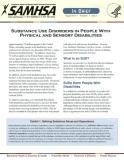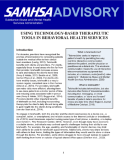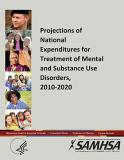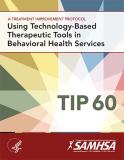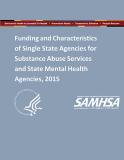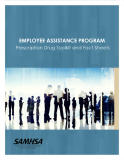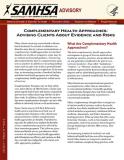
This advisory for behavioral health practitioners provides a brief overview of complementary health approaches. It describes the practices and products that are considered complementary, and explains how practitioners can help patients understand the benefits and risks.
Units per Product
Download
Advisory: Complementary Health Approaches
File Type: PDF
File Size: 426 KB


